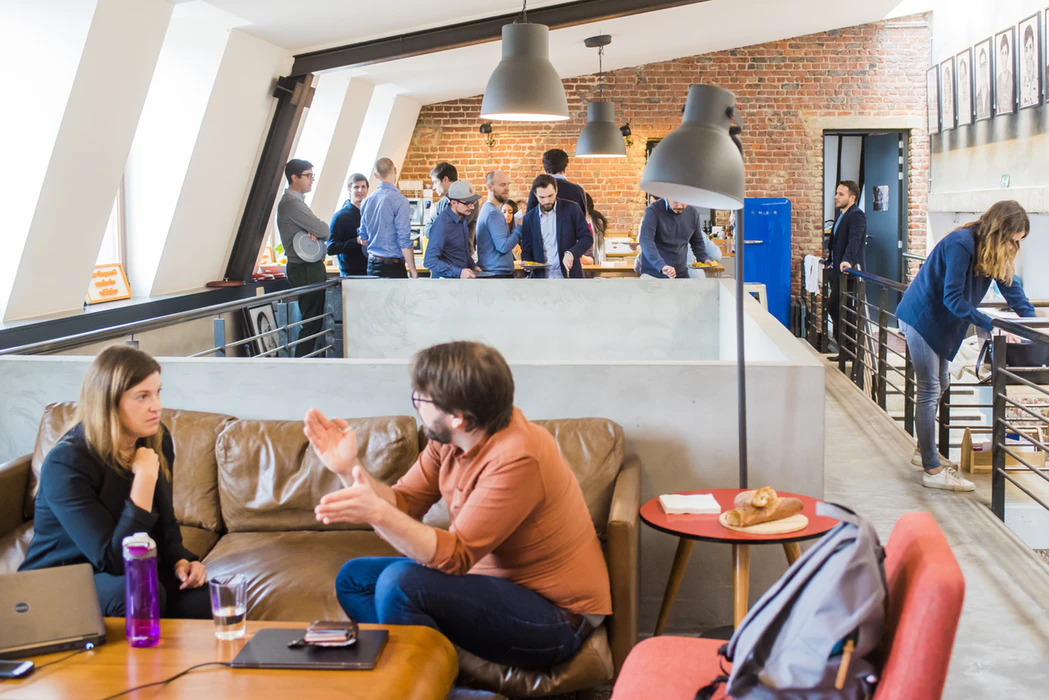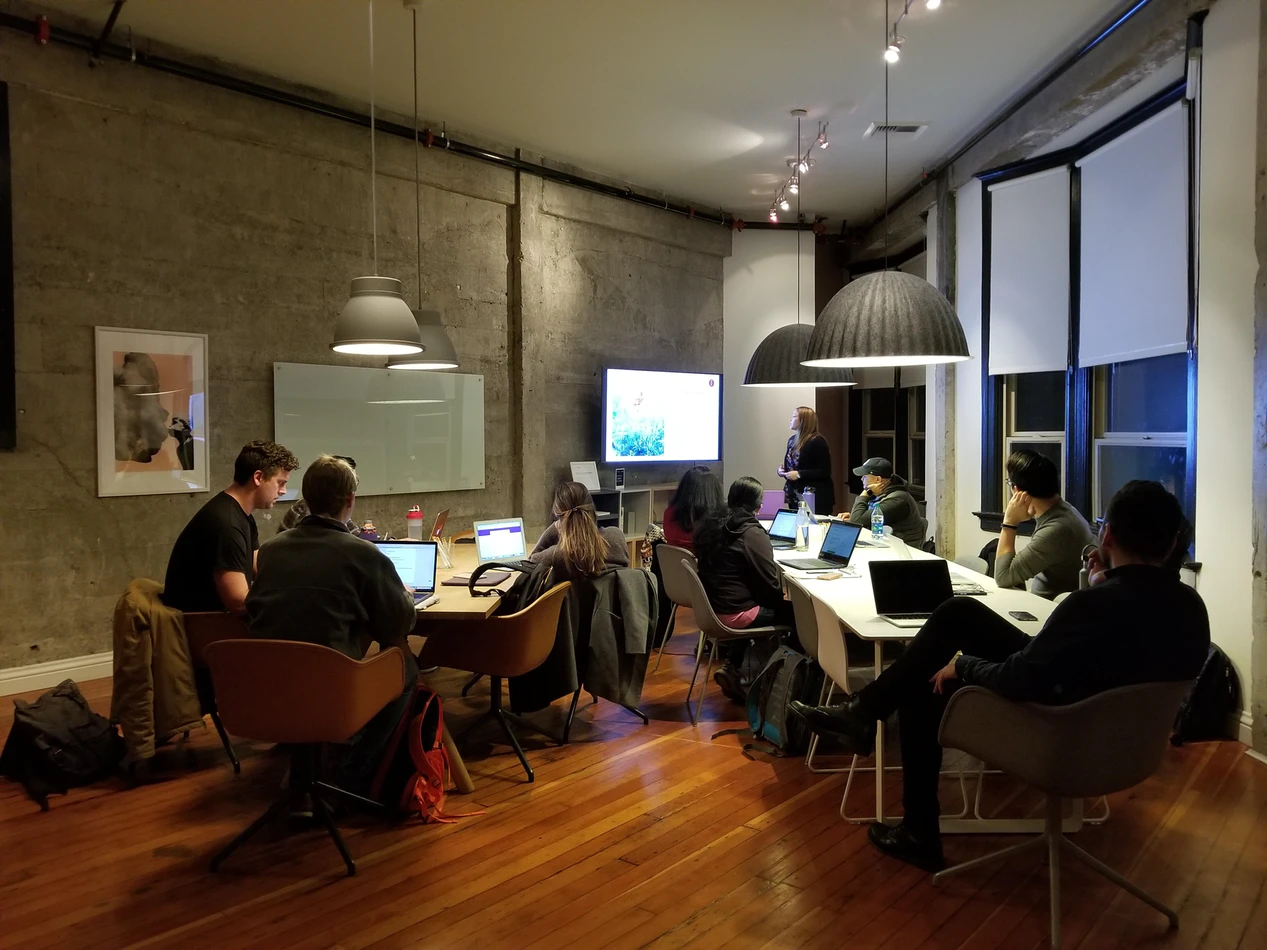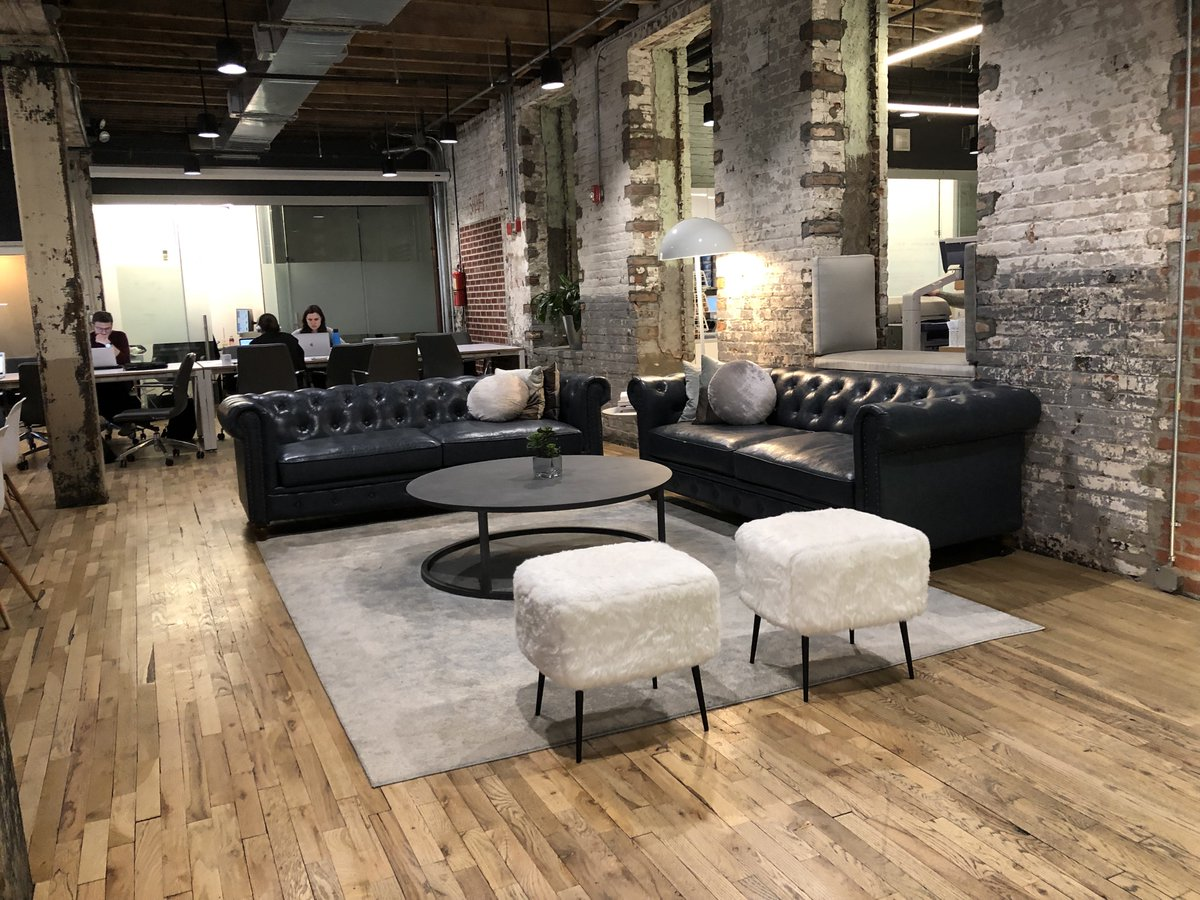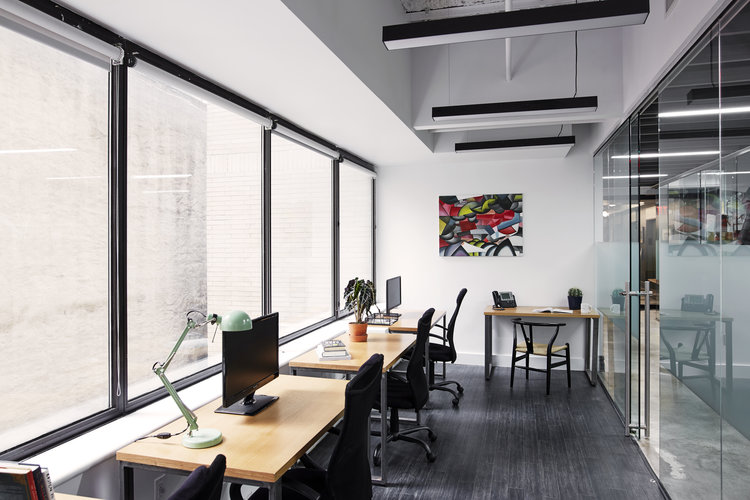By Bond Collective Staff
Want to run your fledgling business better and give yourself every chance for success? Learn the answers to the questions, “What is a startup?” and, “What is a small business?”
In this article, our experts explain critical differences between the two types of businesses and reveal the best way to manage both.
What Is A Startup?
Look in any dictionary or type “startup” into your favorite search engine and you’ll find the following definition:
A newly established business.
Unfortunately, for most managers and entrepreneurs, that definition is too simple and doesn’t clarify key variables that are vital for their success.
To help you really understand what is a startup, we’ll rely on the following definition:
A short-term arrangement or system of organization designed to search for, identify, and adopt a repeatable and scalable business model.
By this definition, then, a startup is more than just a new product, service, or business. It’s an operation striving to prove its unique business model — not just adopt an existing version — as quickly as possible so as to have a significant impact on the current market.
We’ll discuss why these differences in definition are so crucial later on in this article. But first, we’ll answer the question, “What is a small business?”
What Is A Small Business?
The common definition of a startup — a newly established business — actually describes small business better.
A small business is a self-sustaining operation designed to:
-
Generate revenue from the very first day
-
Function without a major investment
-
Work within an existing business model
A typical small business isn’t designed to create a brand new way to work. Instead, they adopt a tried-and-true model that works from day one so they can bring in revenue immediately.
An important caveat here is the word designed. Small businesses are designed to generate revenue from day one, function without major investment, and work within existing business models (in contrast to a startup which is designed differently).
The small business may, of course, open its doors and have zero customers, need significant investment to stay solvent, and, eventually, forge its own business model. But those are reactions to the market, not in-born traits as they are with a startup.
These definitions, though, only scratch the surface of what it means to be a startup and what it means to be a small business.
In the next section, we’ll dive deep into the differences between a startup and a small business to help you identify where your company exists within the market.
What Are The Differences Between A Startup And A Small Business?
Business Model
Business model — also known as intent or strategy — describes the goals of the company and how long it will take to reach those goals.
For a startup, the business model is to grow into a large business as quickly as possible — often skipping small-business status completely. Startups deal with big ideas that will:
-
Take customers from existing, competitive companies
-
Shake up the industry/niche as a whole
-
Create a new market altogether
For a small business, the model is quite different. Small business owners fill a gap or provide a product within an existing market. They’re not looking to change the world or revolutionize the way they do business. They’re looking to create steady, long-term revenue.
The U.S. Small Business Administration (SBA) describes a typical small business as being independently owned and operated, organized for profit, and not dominant in its field. That lies in sharp contrast to the business model espoused by a startup.
Length Of Operation
In many ways, startups are designed to operate short-term (three to five years).
The volatility in their business model means that larger, extant businesses may buy them out, they may become a large business in their own right, or they may fail completely.
Small business, on the other hand, takes the opposite view. Owners, managers, and investors hope to create a company that consistently turns a profit and lasts a long time. They won’t change the world on the way, but they will be stable and stay in business longer than the startup.
Funding
Startups depend, in large part, on funding from outside sources.
Initial investment may come from the founder’s pocket, from friends and family, or from a traditional bank loan. Eventually, though, a successful startup will receive capital from the likes of:
-
Venture capitalists
-
Angel investors
-
An initial public offering (IPO)
As more investors get involved, the founder holds less equity in — and less control over — the company as a whole.
Small businesses, on the other hand, depend on the profits they generate to sustain their growth.
Owners may start with their own money — or money from family, friends, or a bank — just like a startup, but they are less likely to “sell off” pieces of their business to interested investors. A small business owner wants to retain control over the company they started.
That’s not to stay that a small business owner won’t take on investors. But instead of receiving equity, investors in a small business enterprise may expect returns in the form of capital, stock options, or other monetary interest.
Risk
Startups, by nature, forge new paths through the business wilds. They often experiment with novel visions of how their product or service fits into the market.
This tendency toward trailblazing brings with it a great deal of risk. Yes, entrepreneurs conduct a lot of research before launching their startups, but it’s still an educated guess as to whether or not their idea is going to find a place in the market.
With a small business, there’s less risk that an idea won’t fit because the owner, manager, or entrepreneur satisfies a niche in an existing market rather than trying to create a brand new market from scratch.
Every business endeavor — startup or small business — comes with some level of risk. Startups are more volatile, but small businesses fail all the time as well. But when small businesses close their doors for good, it’s more often than not due to poor cash flow management.
Why Does The Difference Matter?
As you can see, a startup and a small business are two very different entities.
It’s vital to understand the difference because the distinction will influence and define the path your business takes from the very first day.
When you are able to answer the questions, “What is a startup?” and, “What is a small business?” and you understand the difference between the two, you’ll be able to address such key issues as:
-
What are my expectations for the business?
-
How do I plan on growing my business?
-
Will I partner with anyone? If so, whom?
-
How do I define success for my business?
When you have a solid grasp on the type of business you’re running, you’ll be able to focus your time, energy, and money to move your company down the chosen path — startup or small business — rather than hopping back and forth.
The Best Way To Manage Your Startup Or Small Business
The best way to manage your company — whether it’s a startup or a small business — is to provide your team members with the best working environment possible.
Your office space has a significant effect on how your team works. The layout, furniture, and overall atmosphere influence such intangibles as:
-
Creativity
Where you choose to work can even affect the overall impressions of your customers, clients, and investors.
Instead of locking yourself into an expensive long-term lease and then spending your hard-earned capital furnishing the space, save money and time by teaming with Bond Collective.
Bond Collective can help you find a work environment that promotes teamwork, productivity, creativity, organization, development, and good impressions. You don’t have to worry about building them yourself. All you have to do is focus on your business.
Whether you need coworking space, dedicated desks, or private offices, Bond Collective has the best solution for you, your team, and your business.
Every Bond Collective membership comes with unsurpassed, industry-leading amenities, such as:
-
Comfortable furnishings
-
Luxurious decor
-
Private meeting & phone booths
-
Guest reception and greeting
-
24-hour access
-
Mail service
-
Daily on-site cleaning
-
On-site kitchens
-
Custom build-outs
-
Access to small and large conference rooms
-
Networking events
-
Bike storage
-
Rooftop lounge area
-
Photo & sound studio (at Gowanus location)
-
Complimentary fresh fruit
-
Complimentary beer, coffee, and tea
-
Weekly warm cookies
-
Tasty eats and beverages for purchase
-
Bike storage
-
Office showers
If you’re looking for a spacious, well-appointed workspace from which to run your startup, small business, or even large corporation, take advantage of all that Bond Collective has to offer.
Visit any one of Bond Collective’s many locations in the United States, including workspaces in New York, Pennsylvania, Washington D.C., Illinois, Tennessee, and Texas. Or call us today to find out more about everything we have to offer.
And while you’re at it, schedule a tour to experience first-hand how the boutique work environments at Bond Collective can benefit your startup or small business.







